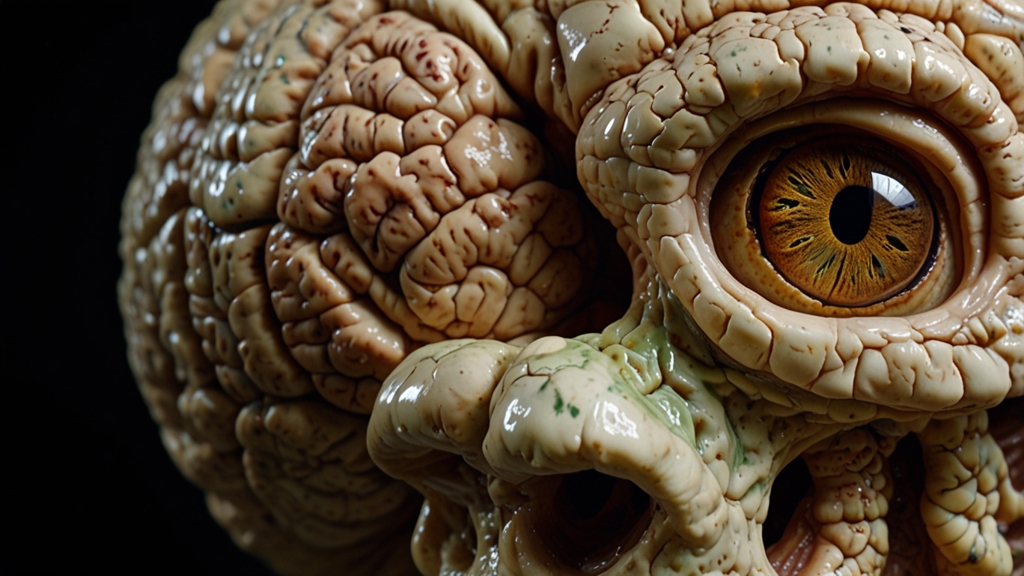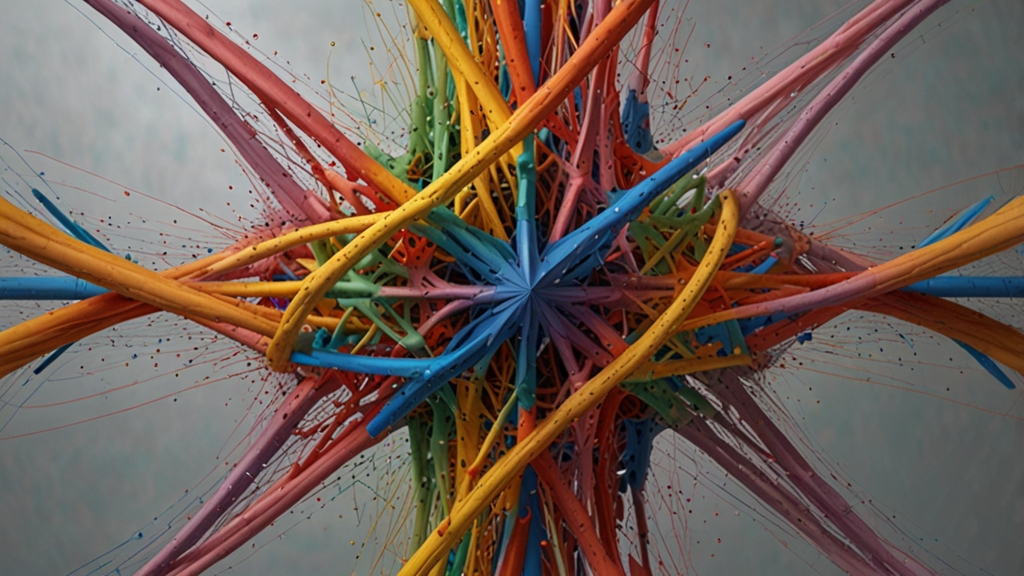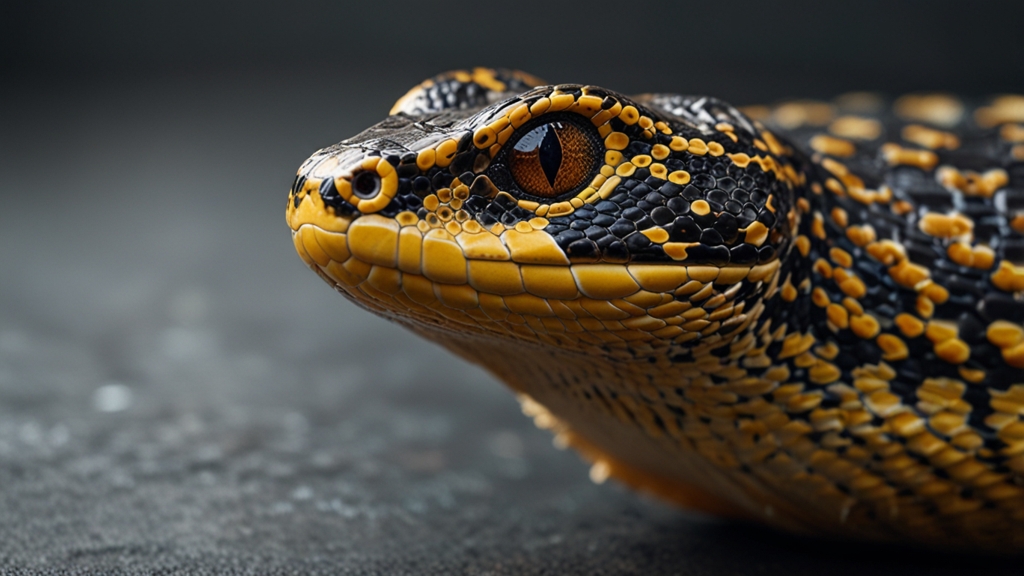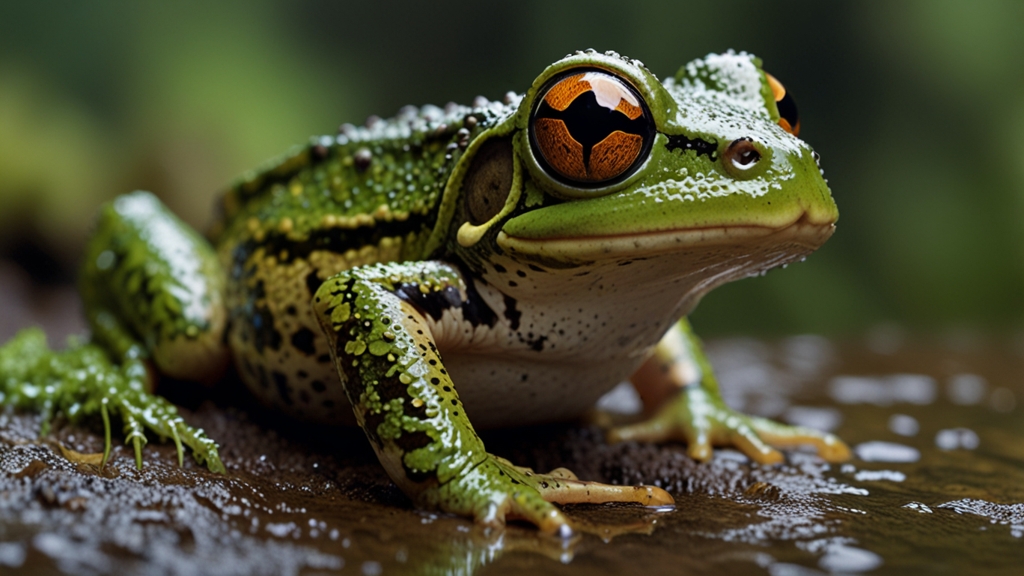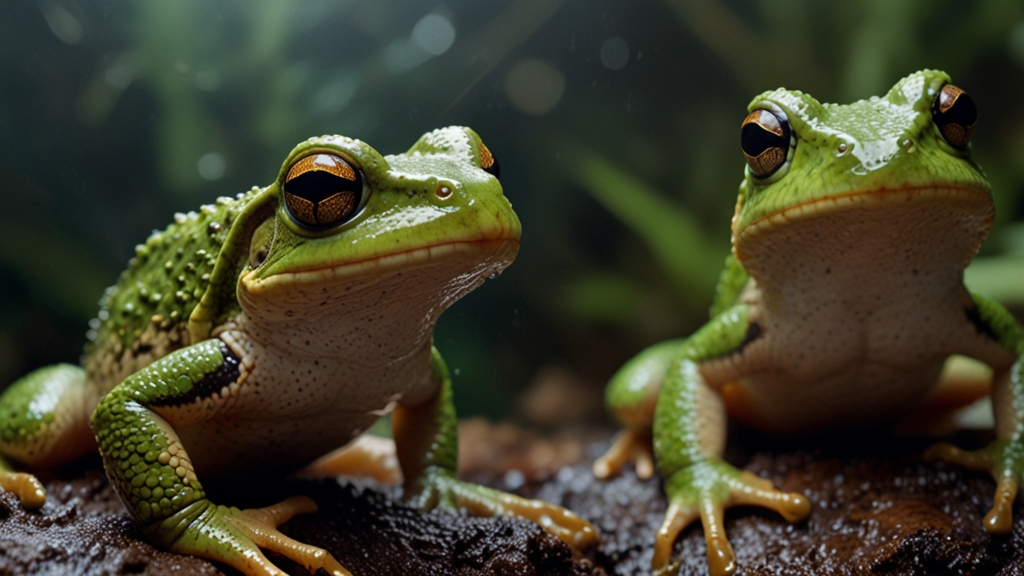The Allure of the Reptilian Brain: What Makes Them So Fascinating?
The human brain is a complex organ with various regions that govern different functions, ranging from emotion to rational thought. While the neocortex handles advanced cognitive processes, the so-called "reptilian brain" has always captivated both scientists and laypeople alike. This primal part of our brain, also known as the basal ganglia or reptilian complex, is responsible for basic survival instincts and has been a subject of fascination for decades.
The Core of Our Primal Instincts
The reptilian brain, a term coined by neuroscientist Paul MacLean, was based on the triune brain theory which suggests that human brains have evolved in three stages: the reptilian complex, the limbic system, and the neocortex. The reptilian brain includes structures such as the brainstem and the basal ganglia. These areas are primarily responsible for fundamental life-sustaining tasks including heart rate, breathing, and reproduction, making them essential for survival.
"In the grand theater of evolution, the reptilian brain is our oldest actor, deeply embedded in the human psyche." – Paul MacLean
A Window into Our Primitive Past
The allure of the reptilian brain lies in its ability to connect us with our most ancient ancestors. This part of the brain drives behaviors that are automatic, reactive, and largely unconscious. These include aggression, dominance, territoriality, and ritualistic behaviors. Understanding these primitive urges can offer insight into human behaviors that sometimes seem irrational yet universal. This fascination with the primal self makes the study of the reptilian brain an intriguing journey into our evolutionary history.
The Role of the Reptilian Brain in Modern Life
Even in today's advanced society, the reptilian brain continues to play a significant role. It is primarily engaged in generating fight-or-flight responses during moments of high stress or danger. Although modern humans do not face the same constant threats as their ancestors, the reptilian brain's impulsive nature can influence behavior in contemporary contexts, such as aggressive driving, fierce competition, and survival instincts during crises.
The Duality of Rationality and Instinct
One of the most compelling aspects of the reptilian brain is its duality with the more evolved parts of the human brain. The neocortex, responsible for higher-order thinking and reasoning, often conflicts with the purely instinctual responses governed by the reptilian brain. This dichotomy within the human psyche creates a fascinating interplay between rational thought and primal impulse, a struggle that manifests in everyday life decisions and societal trends.
"Our reptilian brain is a remnant of an old survival system, cloaked beneath the veneer of contemporary civilization." – Anonymous
Impact on Popular Culture
The mystique surrounding the reptilian brain has permeated popular culture, influencing everything from literature to film. Characters driven by primal urges or who resist their reptilian instincts are a recurring theme. Movies exploring the dark side of human nature, such as thrillers and psychological dramas, often highlight this aspect, emphasizing the primitive yet inescapable urges that lie beneath our conscious minds.
Scientific Curiosity and Future Research
The reptilian brain continues to be a hot topic in neuroscience research. Scientists strive to understand how these ancient brain structures influence modern behavior and how they interact with other parts of the brain. Advances in neuroimaging and genetic studies promise to shed more light on the complex interplay between our primal instincts and higher cognitive functions, offering the potential for new breakthroughs in both mental health and human behavior.
Conclusion
The reptilian brain's allure is rooted in its ancient origins and its ongoing influence on our daily lives. By unraveling the mysteries of this primal brain region, we gain valuable insights into human nature and the evolutionary forces that shape our behavior. Whether through scientific inquiry or cultural exploration, the fascination with the reptilian brain remains a captivating journey into the core of what makes us human.
